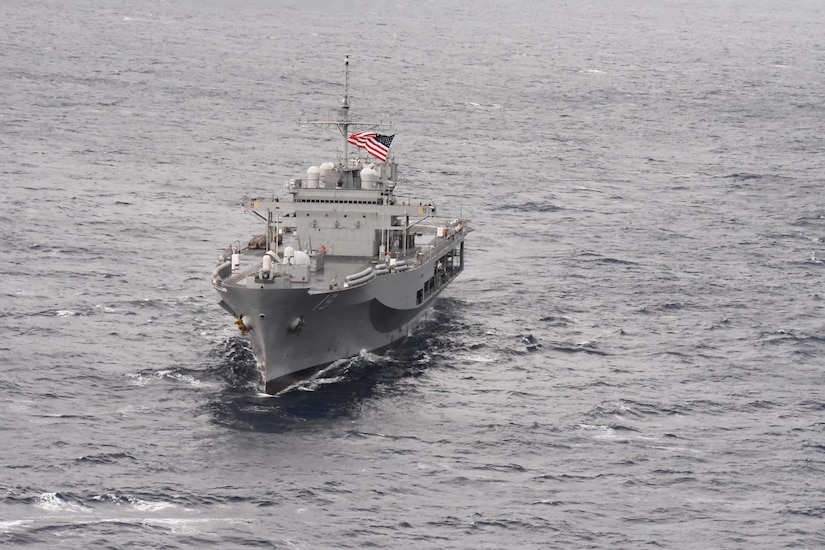WASHINGTON --

"To the degree that NATO can offset the U.S. presence, that would over time allow us to bring some forces home, which you all should know has been my ambition for some time," the secretary told reporters traveling with him Feb. 11 en route to NATO's defense ministers conference in Brussels.
A reduction of U.S. forces in Iraq would allow DOD to right-size forces in other theaters, the Indo-Pacific area in particular, in accord with the National Defense Strategy, he added.

It would also be useful, he said, if NATO can assist friends and partners in the Middle East with air defense capability. Saudi Arabia, in particular, needs additional air defense assets to deter Iranian bad behavior, he noted.
"Last fall after the attacks on the Saudi facilities, I called at least a half dozen of our NATO partners who have NATO-compatible air defense systems to assist us with that, and so I want to continue that dialogue, as well," he said.

Regarding the notification that the Philippines will be ending the agreement that allows U.S. and Philippine troops to train together and conduct counterterrorism missions, Esper said the decision was unfortunate because of "the longstanding relationship we've had with the Philippines for their strategic location, the ties between our peoples, our countries."

In Brussels, Esper will meet with NATO Secretary General Jens Stoltenberg and other officials to discuss NATO readiness, burden sharing, China, the status of NATO in Afghanistan and Iraq and other topics. He will travel next to Munich to attend a security conference, meet with think tank experts, industry leaders and Air Force Gen. Tod D. Wolters, commander of U.S. European Command.
SPOTLIGHT: NATO